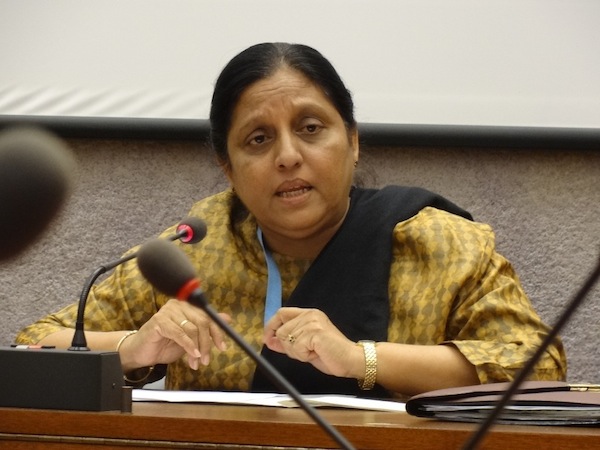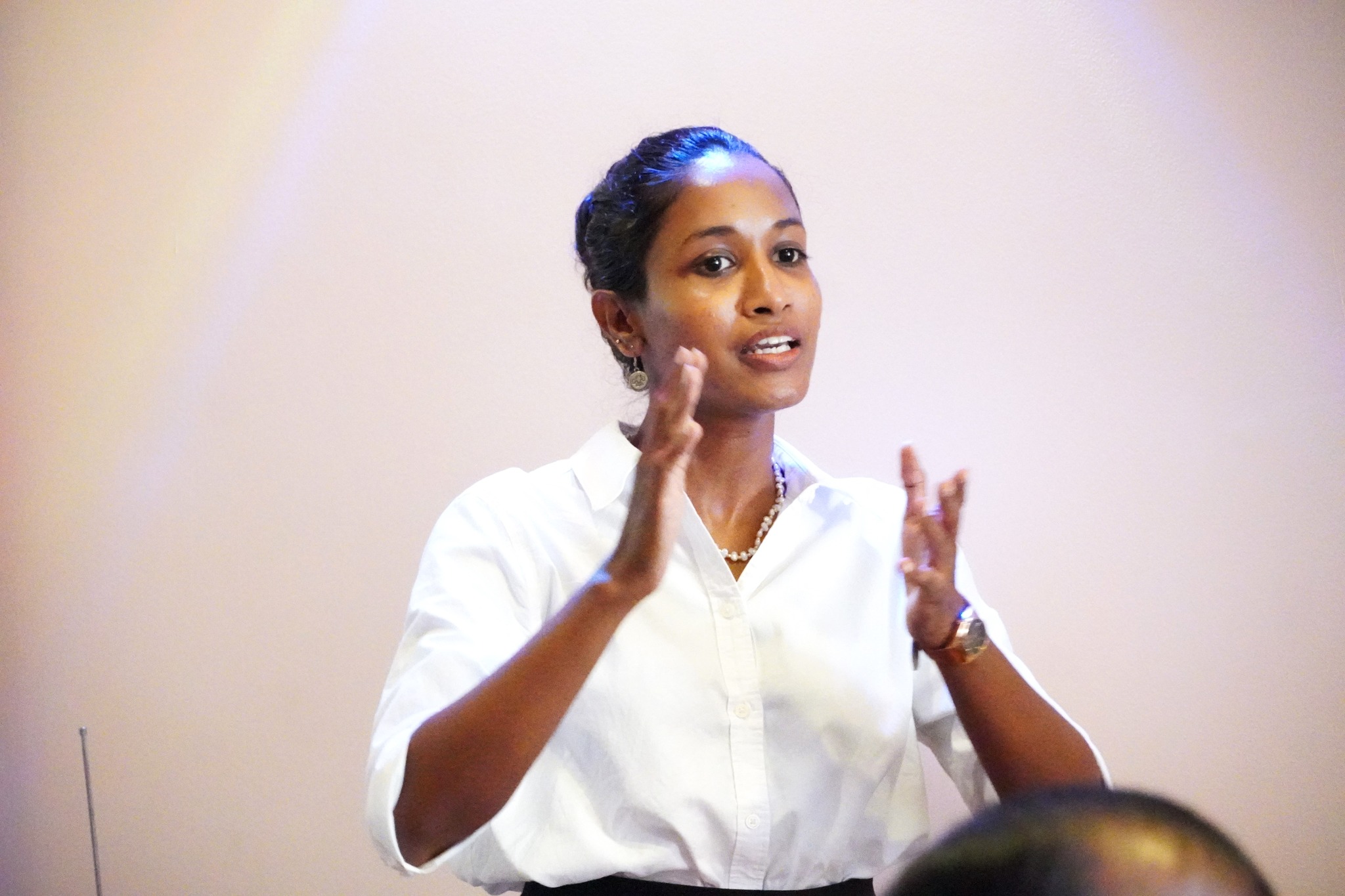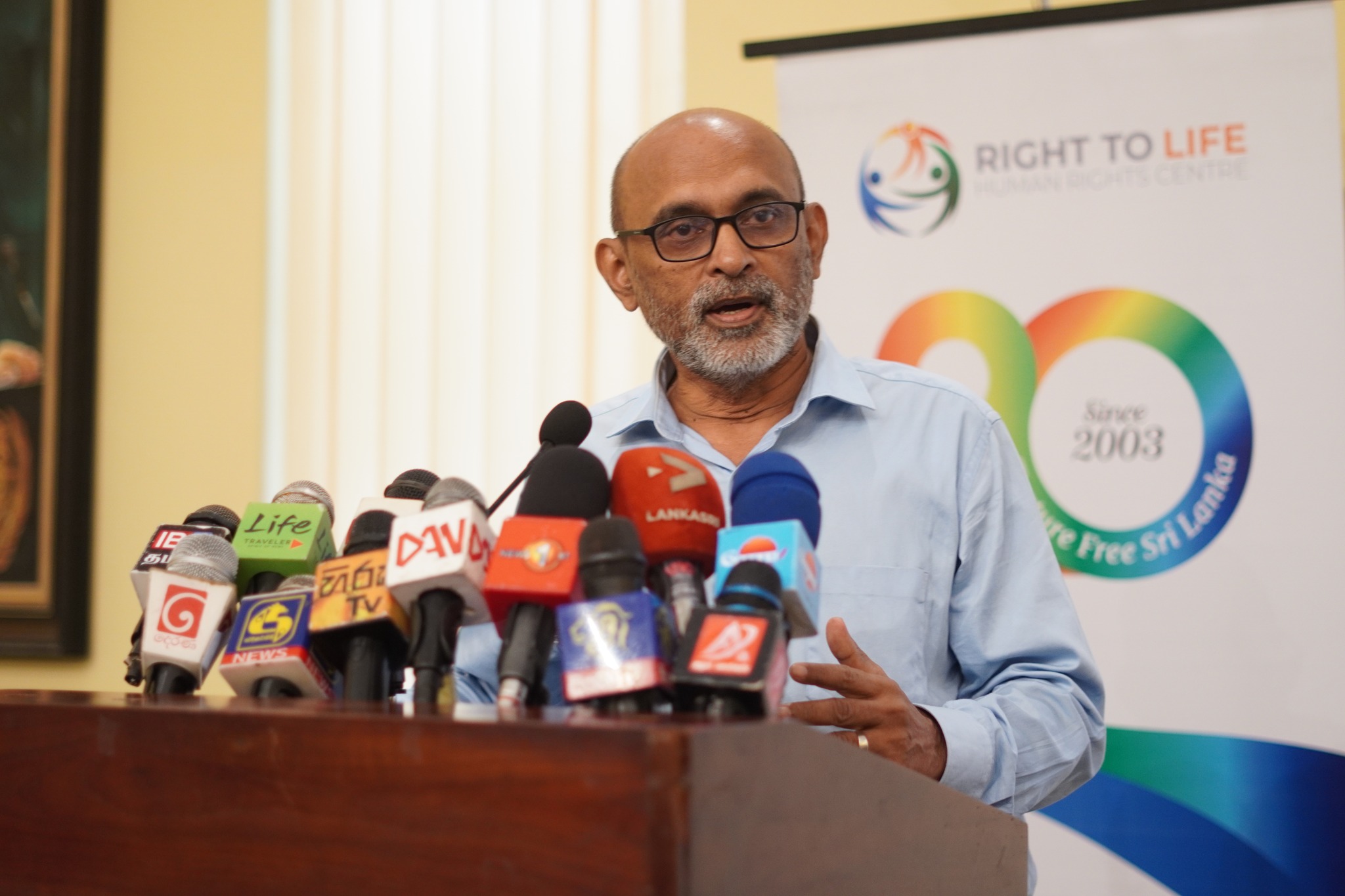Dr. Gladys Jayawardena was a distinguished Sri Lankan medical professional whose groundbreaking contributions to the field of parasitology left a lasting impact on the country’s medical landscape. A graduate of the Faculty of Medicine at the University of Colombo, she later obtained a doctoral degree in parasitology from the University of London, marking her as one of the most accomplished Sri Lankan medical researchers of her time.
Dr. Jayawardena was married to Dr. Roland Jayawardena, who was the brother of then-President J.R. Jayawardena. Her professional career was marked by several firsts and remarkable achievements in the Sri Lankan medical sector. In 1980, she became the first female Director of the Medical Research Institute (MRI), a position that placed her at the forefront of medical research and healthcare development in Sri Lanka.
Her leadership extended to the State Pharmaceuticals Corporation (SPC), where she served as Chairperson from 1988. Under her leadership, the SPC initiated the domestic production of the drug known today as ‘Jeevanee,’ which had previously been imported. This initiative not only reduced dependency on imports but also improved access to essential medicines for Sri Lankan patients.
The Tragic Assassination
On September 12, 1989, Dr. Gladys Jayawardena was assassinated by members of the Patriotic People’s Movement, an affiliate of the Janatha Vimukthi Peramuna (JVP). The assassination was linked to tensions over pharmaceutical imports from India during a politically charged period. At the time, the JVP was strongly opposed to the Indo-Lanka Accord and had launched a widespread boycott of Indian goods as part of their resistance movement.
The events leading up to her assassination are detailed in the book A Long Watch by Sunila Galappatti, based on the account of Commodore Ajith Boyagoda. According to Boyagoda, the SPC had imported a critical stock of medicines from India to address a severe shortage in Sri Lankan hospitals. However, the imported medicines were stuck at the Colombo Port due to a strike by port workers, who were influenced by the JVP’s anti-India campaign.
To resolve the crisis, Dr. Jayawardena sought assistance from the Sri Lanka Navy. Commodore Boyagoda, who was leading the operation, negotiated with the striking port workers. He warned them that the Navy would use force if necessary to clear the shipment. Following this, the medicines were successfully transported from the port to the SPC’s storage facilities, ensuring that hospitals would not face a critical shortage of essential drugs.
Tragically, the very same day, Dr. Gladys Jayawardena was assassinated in Kompannavidiya. Her final known act was to write a letter of gratitude to Commodore Boyagoda for his assistance in securing the medicine shipment. The letter reached Boyagoda a day after her death, highlighting the dedication and courage she displayed in her final days.
A Lasting Legacy
Dr. Gladys Jayawardena’s legacy continues to be honoured within the medical community of Sri Lanka. The Faculty of Medicine at the University of Colombo annually awards a gold medal in parasitology in her name, recognizing outstanding contributions to the field. Her work in medical research, public health, and pharmaceutical self-sufficiency remains a testament to her pioneering spirit and dedication to the healthcare sector in Sri Lanka.


